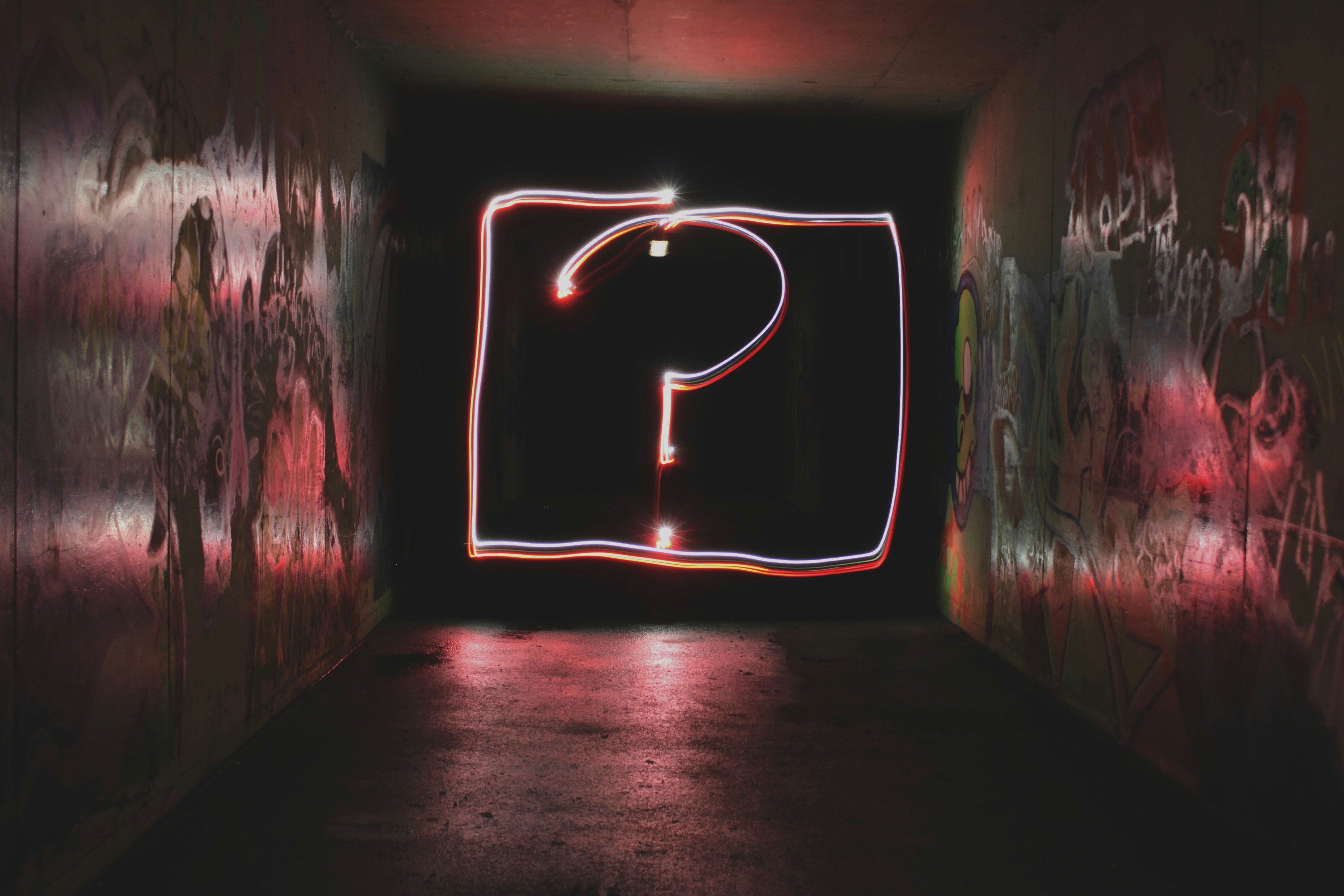



What Is Trauma?
Everyone has experienced some type of trauma in their lives. This blog post will help you understand the definition of trauma, and how to recognize it’s effects on your body and mind. I’ll also provide a list of resources that can help you cope with traumatic events.
The journey of healing trauma can be a long one. It involves a lot of inner work, care, and most of all, understanding. The first step towards truly recovering from trauma is knowing what it actually is. Because once you unmask your trauma and shed light on it, working through it becomes so much easier.
That’s why I’d like to spend some time discussing what trauma is and how it works. This alone can have a bigger impact on your healing than you might think.
So, what is trauma?
The definition is really simple: Trauma is a physiological response to an overwhelming life event.
It’s important to know that trauma is a natural response. It means your body and mind are doing their best in the moment, given what you were experiencing at time of occurrence or exposure (or both). In other words: You didn’t do anything anything wrong.
When you experience trauma, your body is literally reacting to something that happens in your life. But how does knowing the definition of trauma help you recover from it?
The answer is simple…
You realize that it’s a natural biological response.
Many people don’t understand this at first, which hurts their chances of a full recovery. They believe that trauma is a weakness and that it means they’re not strong enough to overcome it.
If you’ve ever felt this way, you now have a chance to change your perspective.
You’re not weak.
What you’re having is just a natural reaction to an event that you’re exposed to.
When facing any trauma, your nervous system gets overwhelmed, which is a purely biological reaction. It has nothing to do with how strong you are.
The same goes for the level of trauma that you might be experiencing. There are so many factors that determine how your body processes it. Your window of tolerance, social factors, and availability of resources are some of the biggest.
If trauma affects you more than it does someone else, it doesn’t mean that there’s something wrong with you.
Once you know these, you can approach trauma from a place of understanding and compassion. You’ll have a strong foundation for healing your trauma once and for all.
P.S. Whenever you’re ready… here are 4 ways I can help you increase your sense of self-worth so you can say “no” use your voice, stand up for yourself, and feel more confident:
1. Listen to The Bold Survivor Podcast
Join me each week as I interview survivors, experts and drop juicy tidbits of my own. Each episode contains powerful information to help you heal your wounding, connect better, and own that beautiful innate value that lives inside Every. Single. One. of. Us! — Click Here
2. Grab a free copy of my book
It’s my signature system that takes you down into your core story and back up like a Phoenix to fly free. — Click Here
3. Join The Bold Survivor Collective and connect with survivors who are healing too It’s my Facebook community where bold survivors learn to heal, rise up, and be the bold beautiful souls they were called to be. — Click Here
4. Join my Year-Long Group Coaching Membership Program
I’m bringing together women who are eager to end the self-doubt, shame and guilt….If you’d like to work with me on your emotional wellbeing plans… Click Here
XOXO,
Contessa Akin


EXPLORE
on social

CONTESSAAKIN.COM || ALL RIGHTS RESERVED || PRIVACY POLICY
